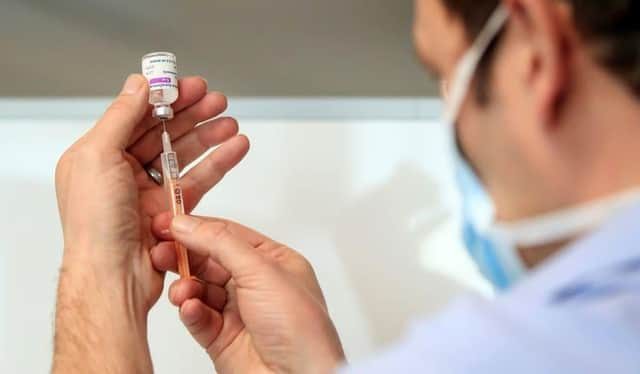Dozens of Hartlepool care workers have no Covid jab


All eligible staff in care homes for the elderly must be double-jabbed by November 11 in a bid to protect residents – but the move has been described as "ill-thought-out" by care sector leaders who fear a major staffing crisis.
NHS figures show that, in Hartlepool, 81 out of 928 staff (8%), had not received a first dose by August 22 – a slight fall from mid-June, shortly after the legislation for mandatory vaccinations was announced, when 15% were unvaccinated.
Advertisement
Hide AdAdvertisement
Hide AdNadra Ahmed, chief executive of the National Care Association, said she was "extremely concerned" over the impact of unvaccinated workers being forced out of care homes, come the November deadline.
She said the industry is already struggling to fill 115,000 vacancies.
Ms Ahmed said: "We are extremely concerned at the impact of this, which we believe was never properly thought through. We have a huge number of vacancies already and because of this legislation more people have left or are leaving.
"Some members of staff are not taking the vaccine for a number of reasons, personal and cultural, and their loss will be badly felt.”
Advertisement
Hide AdAdvertisement
Hide AdShe added: “The care sector has been discriminated against through this legislation, which only adds to the problems we already have of fatigue and vacancies."
The legislation was put forward by the Government following evidence of vaccine hesitancy among care staff in some areas of England and followed advice from the Social Care Working Group of the Scientific Advisory Group for Emergencies that 80% of staff in a care home needed to have received a first vaccination jab to ensure a minimum level of protection against outbreaks.
In Hartlepool, 16 out of 19 care homes were achieving that target by August 22.
A DHSC spokesperson said: "Vaccines save lives and while staff and residents in care homes have been prioritised and the majority are now vaccinated, it is our responsibility to do everything we can to reduce the risk for vulnerable people.”